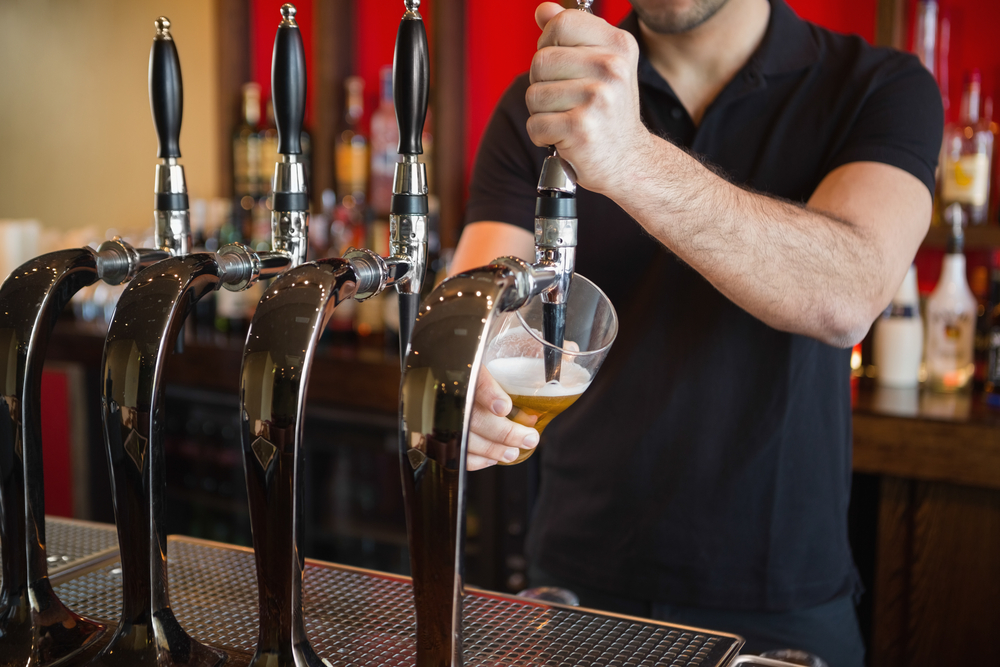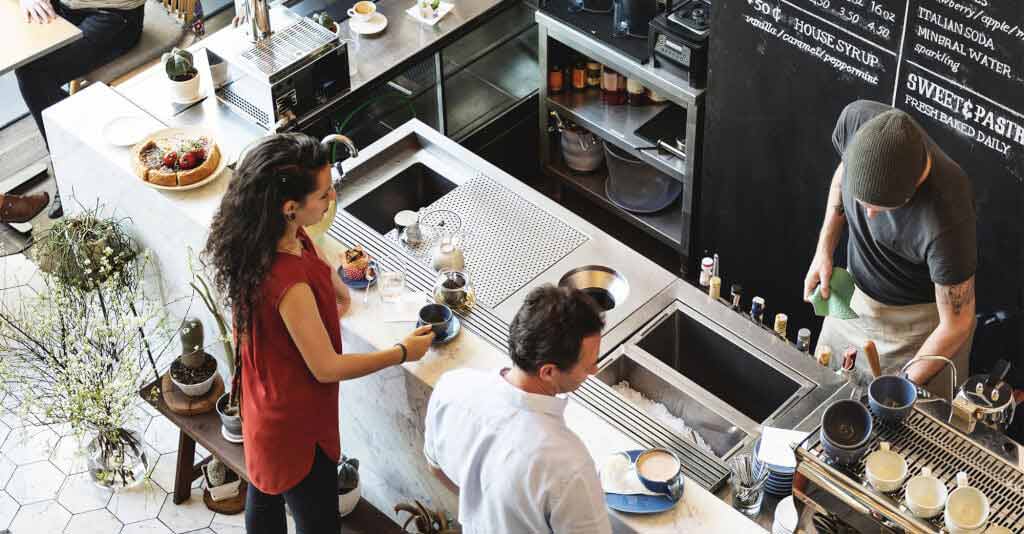Wineries are often multifaceted. Patrons might come for fine dining in a private cellar, a latte at the in-house cafe or a complex wine tasting. For patrons, it can be an intimate or busy experience, with outdoor seating, live music and functions held in the vineyard on a regular basis.
With so much going on, wineries often require a table management system that enables them to handle all of their bookings in one place. Here’s a few ways that ResDiary can ensure the venue is operating smoothly, and firing on all cylinders.
“The diary can be built and structured to support their needs”
No two wineries are the same. They have different strengths, capabilities and challenges, and – if their reservation platform isn’t built in line with their specific requirements – they won’t be able to operate effectively. According to ResDiary’s ANZ Customer Support Lead Declan O’Toole, a strength of ResDiary’s platform is that it is custom-built in consultation with the venue to suit their needs.
“What works for one winery might not work for another. As such, a venue’s diary needs to be built and structured, or rebuilt and restructured, so it’s perfect for them. [With ResDiary] wineries can be confident that their café is being looked after, their restaurant is being looked after, and [everything else is looked after] as well,” he says.
Accompanying the booking, there may be important details that the venue needs to communicate with patrons. O’Toole says these venues are able to communicate this information as part of the booking process, and reinforce it via reminder and confirmation emails.
“Wineries are often held in remote locations, so patrons need access to information like directions or parking. For wine tastings or private dining, they might want to know what’s involved, and how much it will cost,” he says.
“If they decide to make a reservation, the diary is built so they are selecting the right thing [i.e. the restaurant, café or the tasting], the reservation goes through to the right area, and all relevant information is provided to the customer [multiple times].
“The booking process is clear for customers, who will come away from it knowing where to go, and what to expect.”
Vouchers, table moves and close-outs
There’s an abundance of ResDiary functions and features that could be of benefit for wineries in managing, coordinating and maximising their bookings.
For instance, ResDiary Vouchers are a flexible tool that can be used to suit the venue’s strengths. These vouchers can be applied to sell VIP packages, wine tastings and products such as bottles of wine. The venue can also nominate the amount that they can be sold for.
Venue operators can also move, adjust or join tables on the fly via their diary – which alerts staff with what’s happening inside the venue. This feature may benefit venues with outdoor seating that’s subject to weather conditions. According to O’Toole, venues have used ResDiary in the past to create seating options that were previously unavailable.
“Quite recently, amid COVID-19 restrictions, we helped a venue set up a partially covered seating area that was not previously available. The venue needed to utilise the entire space [and] In the event of bad weather, they would try to seat the customers at another area,” he says.
“They were also wary of [not clearly communicating with] patrons that the area was weather dependent. So, if they chose to sit in the partially covered area, they would be notified five times throughout the booking process [of the risk involved].
“The owners were incredibly happy with the situation, as they weren’t losing out on reservations during COVID, and they could double the volume of customers coming through via online bookings.”
He adds that close-outs are also an important part of the arsenal for wineries. For instance, the venue can use close-outs to ensure that the café is open seven days a week, the restaurant is open from Wednesday-Sunday and the tastings occur on weekends. No bookings can come through for sections of the venue when they aren’t open.
The venue can also stagger bookings using Yield Management strategies. For example, once the venue receives 15 bookings from 7pm-7:15pm, that slot is automatically closed off, and bookings are only available from 7:30pm on.
“Closing out time-slots that have too many bookings at one time can be a great way to encourage bookings during quieter time-slots,” he says.
“It also helps the venue have a slightly smoother ride.”
“It’s quite common and productive to segment data”
Wineries should also consider building and organising their customer database, so they can enhance their marketing strategies, and improve their overall performance.
O’Toole says that he recently set up a diary for a wine venue that was offering a seven-course, set menu tasting. He said that lots of people were interested in that offering and – if the venue wanted – they could identify those individuals, ask for feedback and email them with similar offerings and promotions in the future.
“It’s clever for venues to make sure that their marketing is targeted toward relevant customers who are interested in a particular event that is happening in the future,” he says.
“It’s a way to generate repeat business, and secure customers who love a particular part of the venue.”
ResDiary can be beneficial for wineries that offer a variety of services. Being able to manage and coordinate different offerings, events and bookings at once can help to free up staff and help to maximise the venue’s efficiency.
Consider speaking to the ResDiary team, who will help to build a diary that’s perfect for your venue. Book a personalised demo to find out how it all works.
Disclaimer: This guide is general in nature and does not take into account your individual circumstances. Before acting on any information, you should consider whether this is right for your business.




